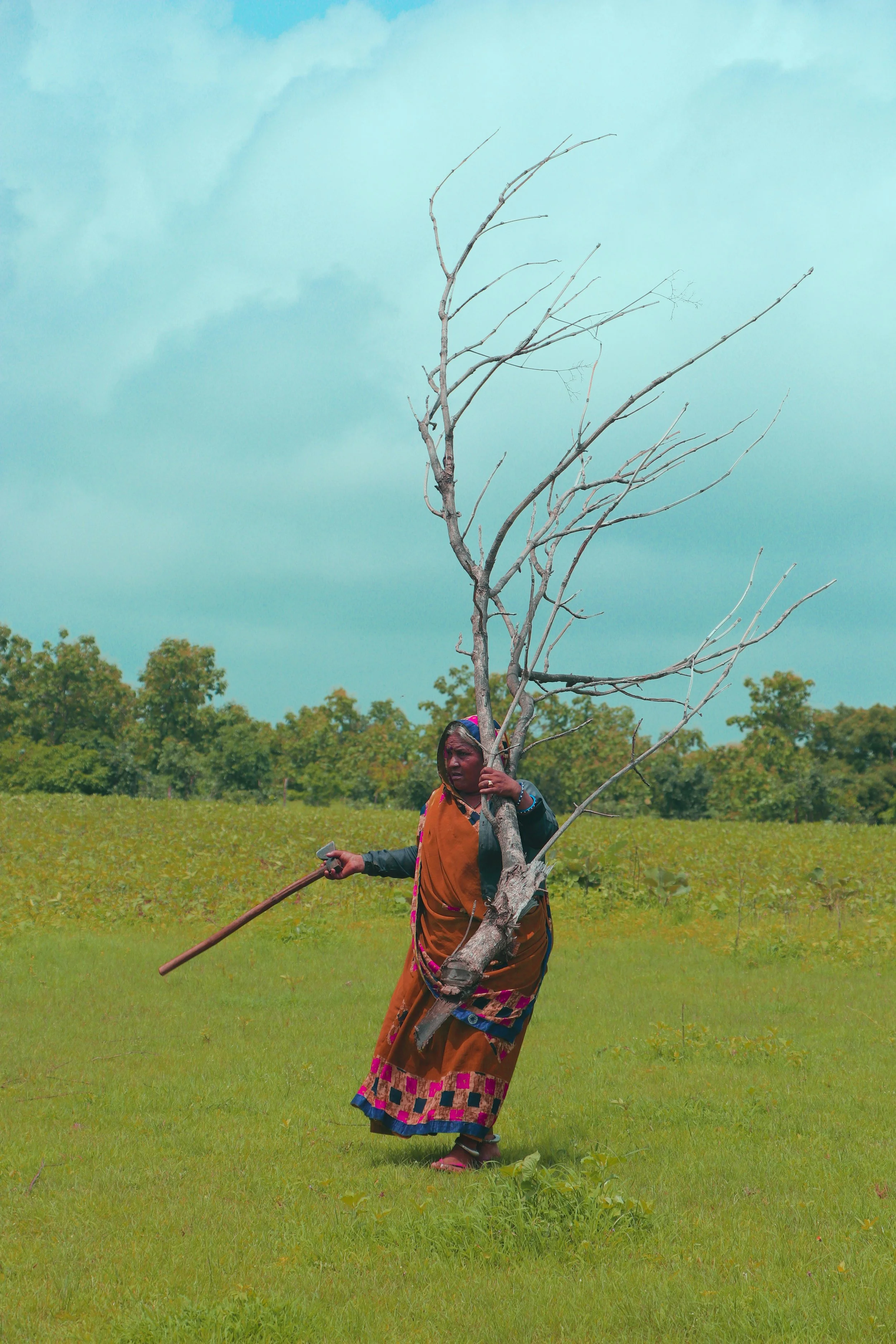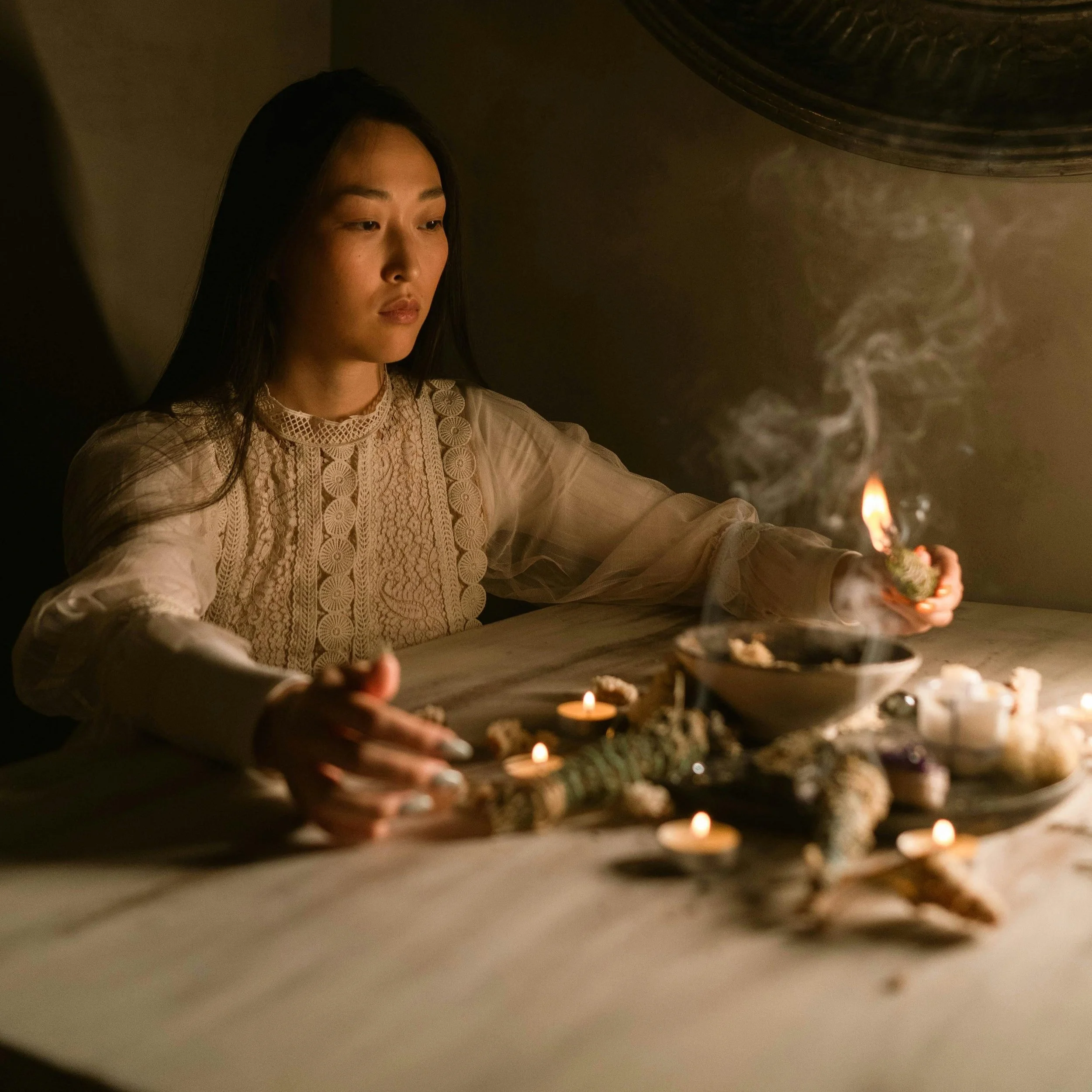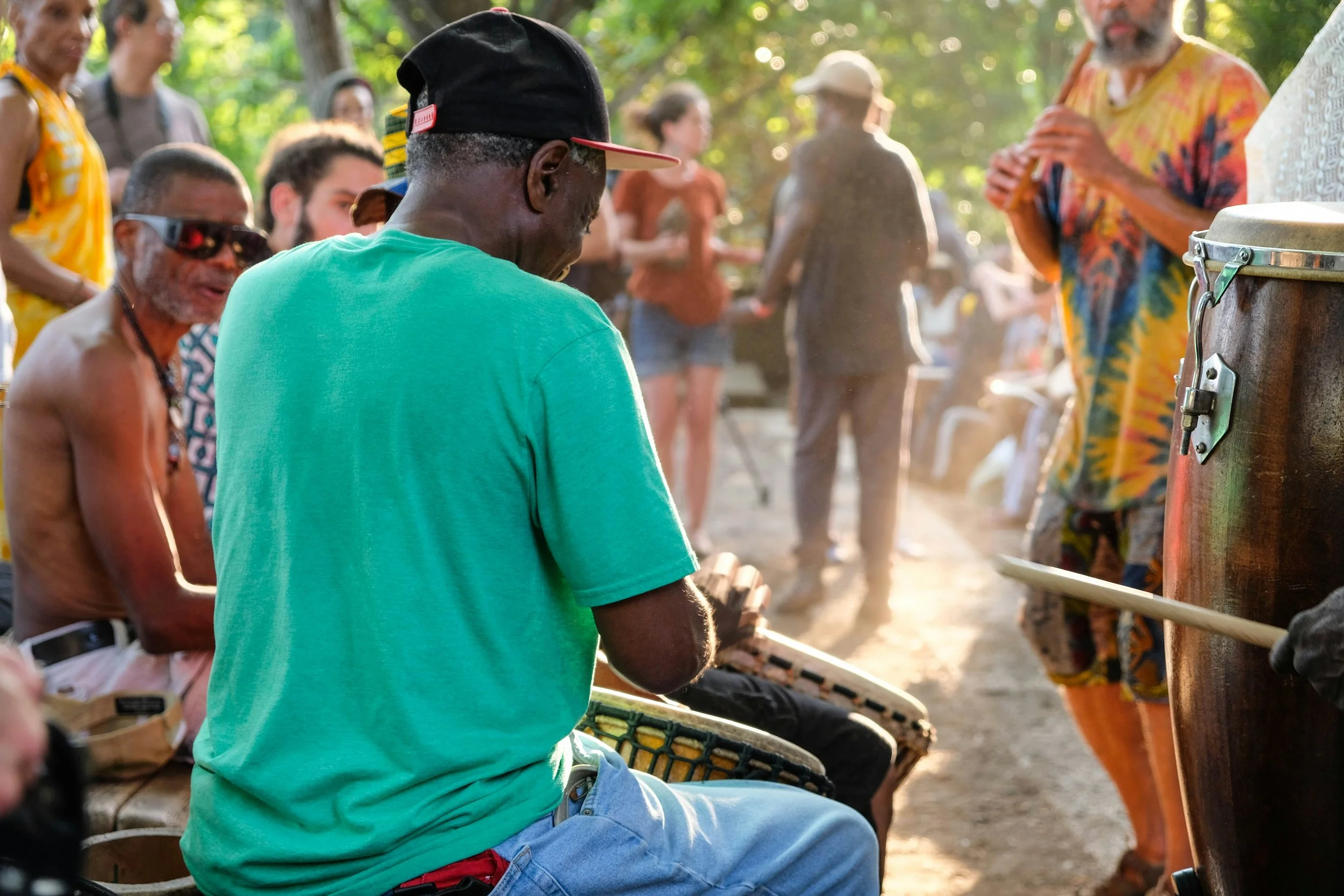Decolonizing Mental Health: Indigenous Wisdom, Land, and Liberation
Photo by Rishabh Chauhan
Mental health didn’t start with therapy. It didn’t start with Freud. It didn’t start with the DSM or CBT worksheets or mindfulness apps.
We always had ways of tending to the mind and body long before any insurance company decided what counted as a billable hour.
But here we are—trying to heal inside systems never built with us in mind. Systems that pathologize grief but ignore genocide. That diagnoses anxiety but says nothing about displacement. That talk about trauma in the abstract, as if it’s just a thing that happens to individuals in isolation, not something shaped by stolen land, forced migration, state violence, and generational loss.
Decolonizing mental health isn’t a metaphor. It’s a call to remember. To reconnect. To reclaim.
For some of us, that means tracing back to ancestral practices that were almost erased. Listening to the body in ways that Western models would call somatic, but our grandmothers would just call… living. It means sitting with the land—not in some Instagrammable, “forest bathing” kind of way—but with reverence. With grief. With the knowledge that the ground beneath us holds both our pain and our possibilities.
Photo by Anastasia Shuraeva
The language of “wellness” so often centers individual coping skills. Breathing techniques. Journaling prompts. Gratitude lists. And listen, there’s nothing wrong with any of that. But let’s not confuse tools with liberation.
You can’t deep-breathe your way out of systemic oppression. You can’t journal your way out of generational displacement. You can’t yoga your way out of the violence of borders, of policing, of settler colonialism.
What’s missing from mainstream mental health is collective memory. Land-based knowledge. Ceremony. Communal grief rituals. Circle process. Storytelling that makes space for collective witness—not just private disclosure.
Some of us are finding our way back. Working with healers who don’t take insurance because their medicine doesn’t fit inside a CPT code. Learning about plant medicines our ancestors used long before pharmaceuticals existed. Showing up at community spaces where healing sounds like drumming, or singing, or silence.
Photo by Sara Cottle
And for those of us trained inside the clinical world, there’s a reckoning that comes with this. It means unlearning. De-centering the idea that healing only happens inside a 50-minute session. Understanding that sometimes, the most trauma-informed thing you can do is help someone reconnect to land, to language, to a lineage of care that existed long before colonization.
Decolonizing mental health isn’t a single act. It’s a lifelong practice of asking better questions.
Who gets to decide what “functioning” looks like?
Who benefits when we’re encouraged to individualize our pain?
What would it mean to grieve collectively, to heal in community, to trust that the earth still remembers how to hold us?
We don’t have all the answers. But we have starting points.
Sit with the discomfort. Listen more than you speak. Remember that every intervention we offer inside therapy rooms sits inside a larger story—one of survival, yes—but also of erasure, assimilation, and resilience. The work is to remember—and then, to act like we remember.



